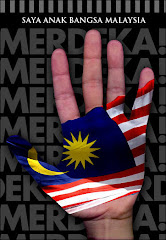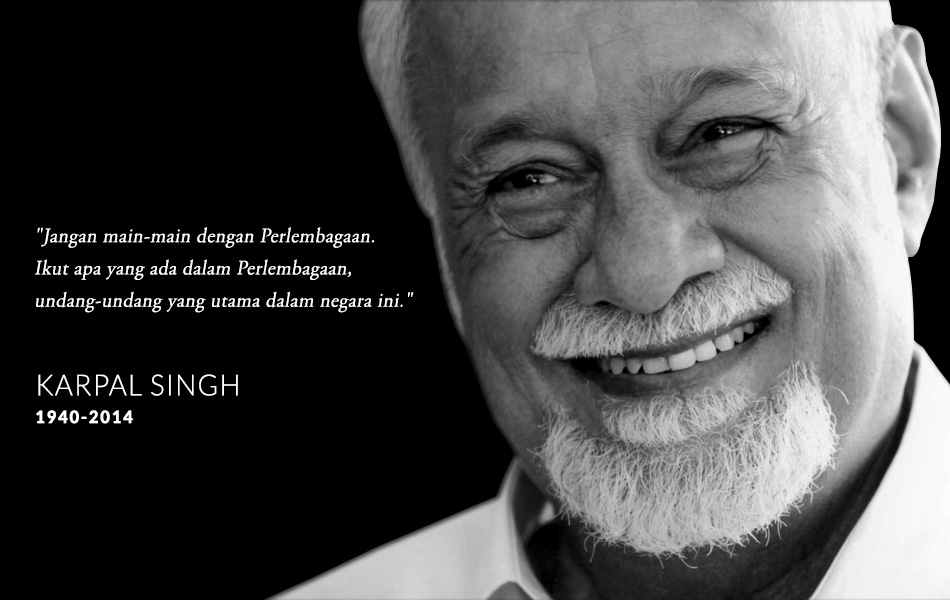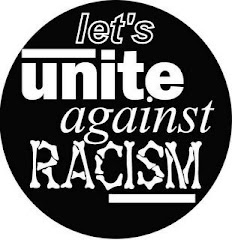About Labour day:
Labour Day is an annual holiday celebrated all over the world that resulted from the labour union movement, to celebrate the economic and social achievements of workers. The majority of countries celebrate Labour Day on May 1, and it is popularly known as May Day and International Workers' Day. The celebration of Labour Day has its origins in the Eight-hour day movement, which advocated eight hours for work, eight hours for recreation, and eight hours for rest.
Most countries celebrate Labour Day on May 1, known as May Day and International Workers' Day. In Europe the day has older significance as a rural festival which is predominantly more important than that of the Labour Day movement. The holiday has become internationalised and several countries hold multi-day celebrations including parades, shows and other patriotic and labour-oriented events. However, in Northern Europe, Walpurgis Night is celebrated on the preceding night and this holiday merges with the Labour Day in some countries.
May 1 is a national holiday in Albania, Argentina, Aruba, Austria, Bangladesh, Belarus, Belgium, Bolivia, Bosnia, Brazil, Bulgaria, Cameroon, Chile, Colombia, Costa Rica, China, Croatia, Cuba, Cyprus, Czech Republic, Denmark, Dominican Republic, Ecuador, Egypt, Finland, France, Germany, Greece, Guatemala, Haiti, Honduras, Hong Kong, Hungary, Iceland, India, Indonesia (locally known as Hari Buruh), Italy, Jordan, Kenya, Latvia, Lithuania, Lebanon, Macedonia, Madagascar, Malaysia, Malta, Mauritius, Mexico, Morocco, Myanmar (Burma), Nigeria, North Korea, Norway, Pakistan, Paraguay, Peru, Poland, the Philippines (spelled as "Labor Day"), Portugal, Romania, the Russian Federation, Singapore, Slovakia, Slovenia, South Korea, South Africa, Spain, Sri Lanka, Serbia, Sweden, Syria, Thailand, Turkey, Ukraine, Uganda, Uruguay, Venezuela, Vietnam, Zambia, and Zimbabwe. In Slovenia, Serbia and Ukraine, May 2 is also a national holiday. In Poland, while May 1 is a national holiday, it was renamed from Labour Day to simply "State Holiday" in 1990.
(Source: wikipedia)
Most countries celebrate Labour Day on May 1, known as May Day and International Workers' Day. In Europe the day has older significance as a rural festival which is predominantly more important than that of the Labour Day movement. The holiday has become internationalised and several countries hold multi-day celebrations including parades, shows and other patriotic and labour-oriented events. However, in Northern Europe, Walpurgis Night is celebrated on the preceding night and this holiday merges with the Labour Day in some countries.
May 1 is a national holiday in Albania, Argentina, Aruba, Austria, Bangladesh, Belarus, Belgium, Bolivia, Bosnia, Brazil, Bulgaria, Cameroon, Chile, Colombia, Costa Rica, China, Croatia, Cuba, Cyprus, Czech Republic, Denmark, Dominican Republic, Ecuador, Egypt, Finland, France, Germany, Greece, Guatemala, Haiti, Honduras, Hong Kong, Hungary, Iceland, India, Indonesia (locally known as Hari Buruh), Italy, Jordan, Kenya, Latvia, Lithuania, Lebanon, Macedonia, Madagascar, Malaysia, Malta, Mauritius, Mexico, Morocco, Myanmar (Burma), Nigeria, North Korea, Norway, Pakistan, Paraguay, Peru, Poland, the Philippines (spelled as "Labor Day"), Portugal, Romania, the Russian Federation, Singapore, Slovakia, Slovenia, South Korea, South Africa, Spain, Sri Lanka, Serbia, Sweden, Syria, Thailand, Turkey, Ukraine, Uganda, Uruguay, Venezuela, Vietnam, Zambia, and Zimbabwe. In Slovenia, Serbia and Ukraine, May 2 is also a national holiday. In Poland, while May 1 is a national holiday, it was renamed from Labour Day to simply "State Holiday" in 1990.
(Source: wikipedia)









